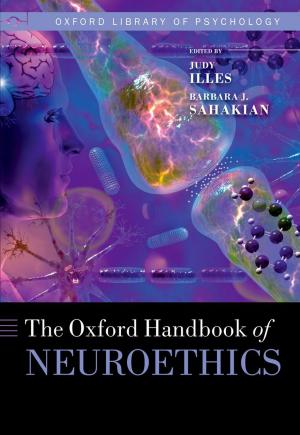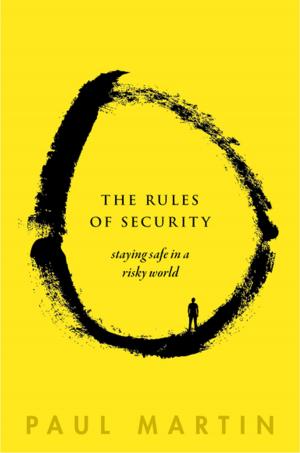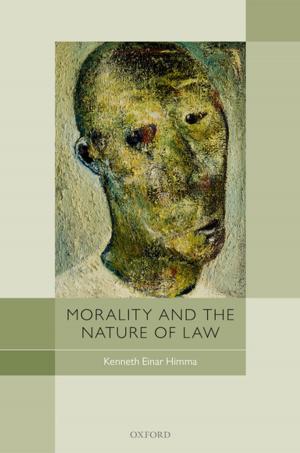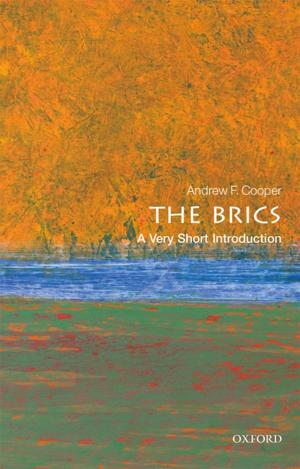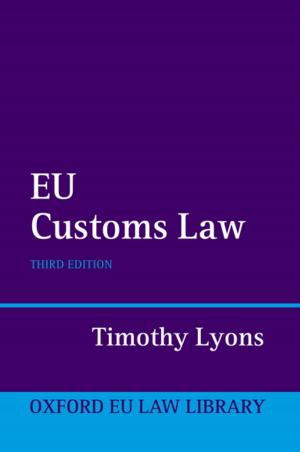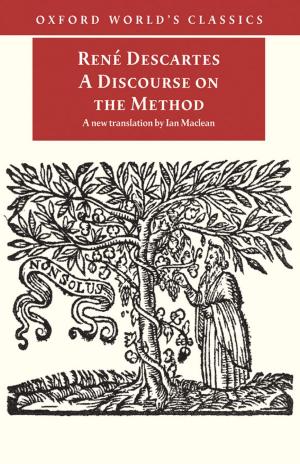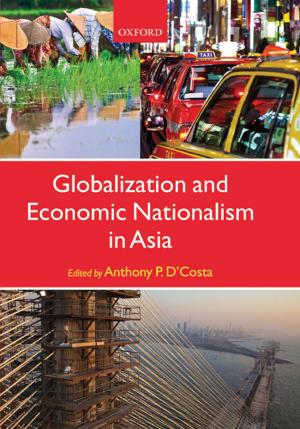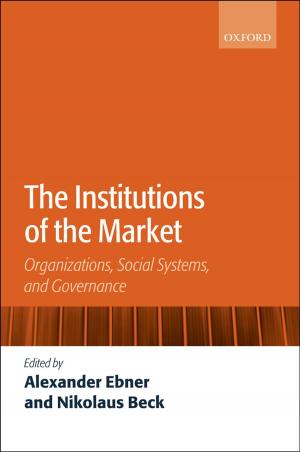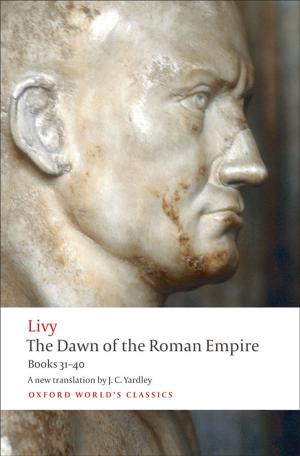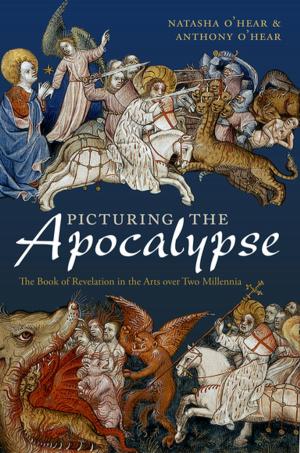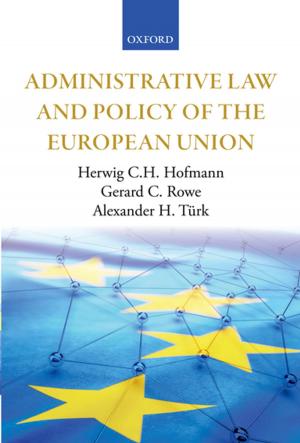A Dictionary of Education
Nonfiction, Reference & Language, Education & Teaching, Educational Theory, Educational Reform, Reference| Author: | Susan Wallace | ISBN: | 9780191053795 |
| Publisher: | OUP Oxford | Publication: | January 22, 2015 |
| Imprint: | OUP Oxford | Language: | English |
| Author: | Susan Wallace |
| ISBN: | 9780191053795 |
| Publisher: | OUP Oxford |
| Publication: | January 22, 2015 |
| Imprint: | OUP Oxford |
| Language: | English |
Education is of relevance to everyone but it involves a specialized vocabulary and terminology which may be opaque or unfamiliar to those new to the field. This UK-focused Dictionary of Education provides clear and concise definitions for over 1,100 terms, from A* to zero tolerance, that anyone studying education or working in the field is likely to encounter. Coverage includes all sectors of education: pre-school, primary, secondary, further and higher education, special needs, adult and continuing education, and work-based learning. It also includes major legislation, key figures and organizations, and national curriculum and assessment terminology. This second edition covers all the contemporary reforms being introduced to revise the school examinations system and to reform the process of initial teacher training in England and Wales. Coverage of the vocabulary of education has also been increased, and longer and more detailed entries are included for terms relating to disability and inclusive practice, such as autistic spectrum disorder, attention deficit, and dyslexia, and to professional development, such as mentor. Entries regarding projects and initiatives that are now obsolete have been deleted. The dictionary features entry-level web links, accessible and kept up to date via the Dictionary of Education companion website. Detailed appendices include a timeline summary of landmark educational legislation since 1945 and a glossary of acronyms. In addition, there is a useful, fully cross-referenced section of comparative terms used in the US, Canada, Australia, and South Africa. This concise yet authoritative dictionary is essential for all students of education, teachers, and lecturers on development programmes, and it is strongly recommended for governors, classroom assistants, and parents.
Education is of relevance to everyone but it involves a specialized vocabulary and terminology which may be opaque or unfamiliar to those new to the field. This UK-focused Dictionary of Education provides clear and concise definitions for over 1,100 terms, from A* to zero tolerance, that anyone studying education or working in the field is likely to encounter. Coverage includes all sectors of education: pre-school, primary, secondary, further and higher education, special needs, adult and continuing education, and work-based learning. It also includes major legislation, key figures and organizations, and national curriculum and assessment terminology. This second edition covers all the contemporary reforms being introduced to revise the school examinations system and to reform the process of initial teacher training in England and Wales. Coverage of the vocabulary of education has also been increased, and longer and more detailed entries are included for terms relating to disability and inclusive practice, such as autistic spectrum disorder, attention deficit, and dyslexia, and to professional development, such as mentor. Entries regarding projects and initiatives that are now obsolete have been deleted. The dictionary features entry-level web links, accessible and kept up to date via the Dictionary of Education companion website. Detailed appendices include a timeline summary of landmark educational legislation since 1945 and a glossary of acronyms. In addition, there is a useful, fully cross-referenced section of comparative terms used in the US, Canada, Australia, and South Africa. This concise yet authoritative dictionary is essential for all students of education, teachers, and lecturers on development programmes, and it is strongly recommended for governors, classroom assistants, and parents.

